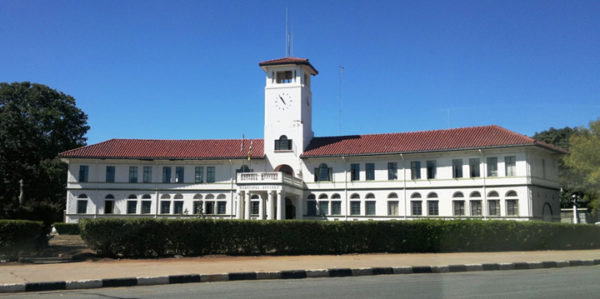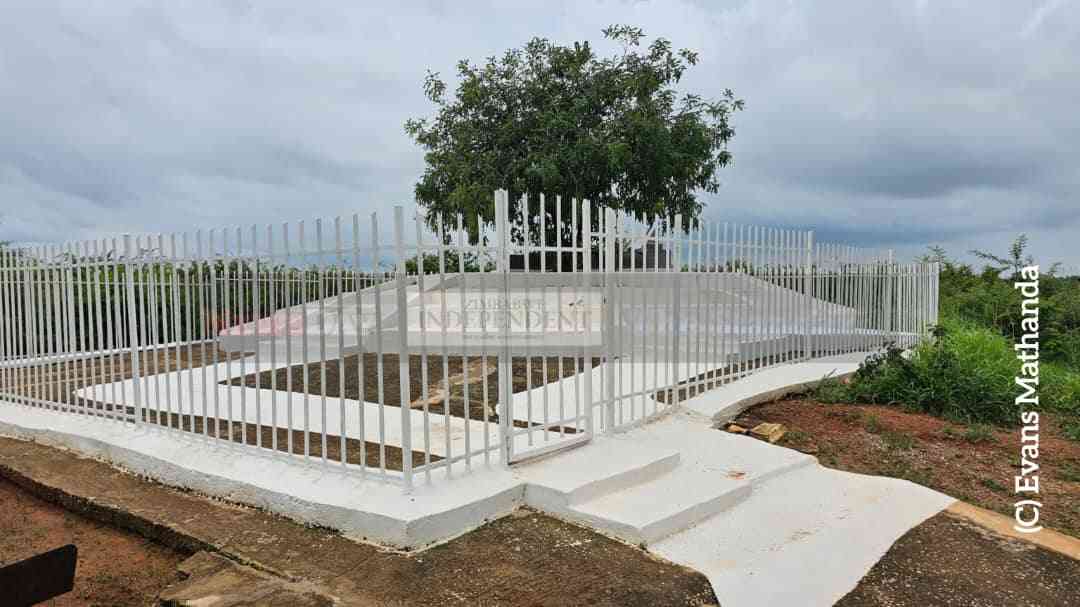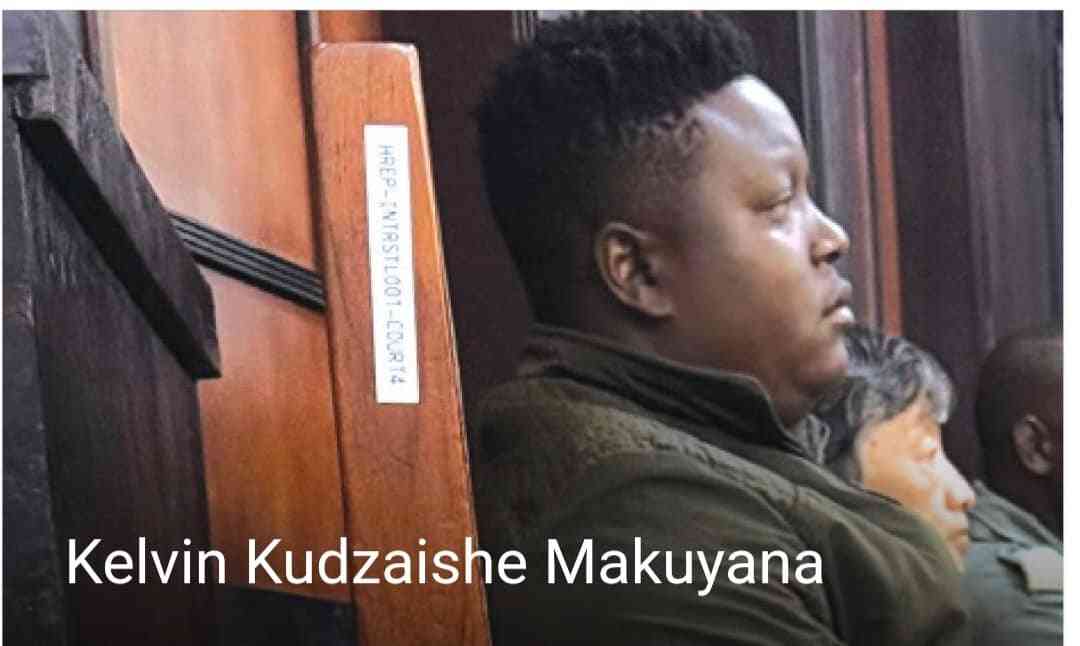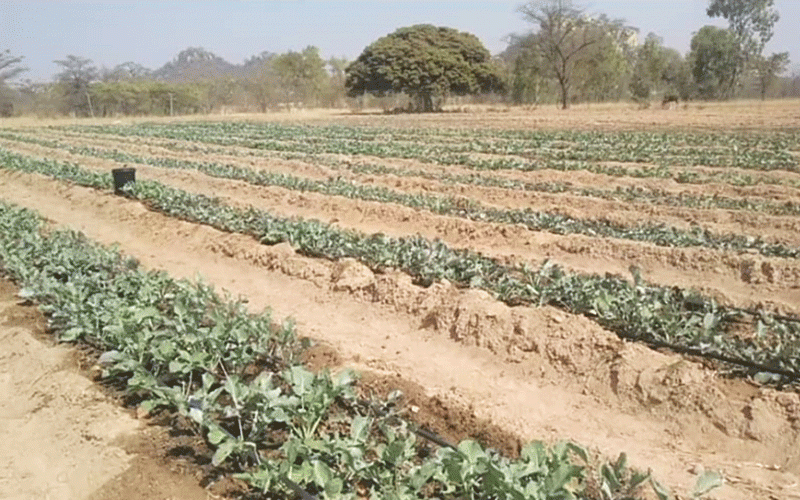
ABOUT 16 960 families have lost their source of livelihood, while the Gweru City Council also lost close to $5 million in potential revenue following a recent government directive to demolish illegal vending structures.
By Stephen Chadenga/ PRAISEMORE SITHOLE
Zimbabwe National Chamber of Small to Medium Enterprises (ZCSME) Gweru chapter chairperson Tafadzwa Mazorodze said the affected vendors were registered with the local authority.
“The demolitions left 16 960 lives affected and this figure is from the 3 140 registered market stalls in Gweru urban,” Mazorodze said on the sidelines of a ZCSME provincial executive meeting held in the Midlands capital yesterday.
“A breakdown of those affected showed that at Kombayi Farmers Market, 200 market stalls were destroyed, affecting nearly 4 000 lives with council losing revenue of $372 000 per month from rentals.”
He said the 200 registered flea markets around Kudzanai bus terminus left 800 vendors stranded with council losing revenue of $186 000 per month.
“To date, since the lockdown was effected on March 30, council has lost about $4 996 200 in revenue from the vendors whose operations were affected by the demolitions,” he said.
Speaking at the same meeting, ZCSME Midlands provincial secretary-general Bigboy Murenga said his executive was in the process of compiling data on the number of people affected by council demolitions in the province.
- Chamisa under fire over US$120K donation
- Mavhunga puts DeMbare into Chibuku quarterfinals
- Pension funds bet on Cabora Bassa oilfields
- Councils defy govt fire tender directive
Keep Reading
Gweru mayor Josiah Makombe, however, said he would be meeting the ZCSME Gweru chapter executive to deliberate on the issue. “As council, we appreciate the contributions made by registered informal traders in the city,” he said.
“Obviously, we will be looking at making sure that registered informal traders get top priority when we reallocate vendors at the new Mtapa site.”
He said he appreciated that informal traders were economically affected by the demolitions, but there was also need to bring sanity to the city.
Meanwhile, Bulawayo Vendors and Traders’ Association (BVTA) director Michael Ndiweni has said informal traders with disabilities were the most affected by the lockdown as they could not ply their trade illegally like their able-bodied counterparts were currently doing.
“Most people with disabilities are unable to ambush customers. They have to do their job formally because they cannot run away from authorities,” he said.
“That is essential for me as far as we are concerned. As BVTA, we care about the life of the disabled who cannot improvise under these difficult circumstances,” he said.
“We have recommended models which have been tried in India to be implemented in Zimbabwe.”











